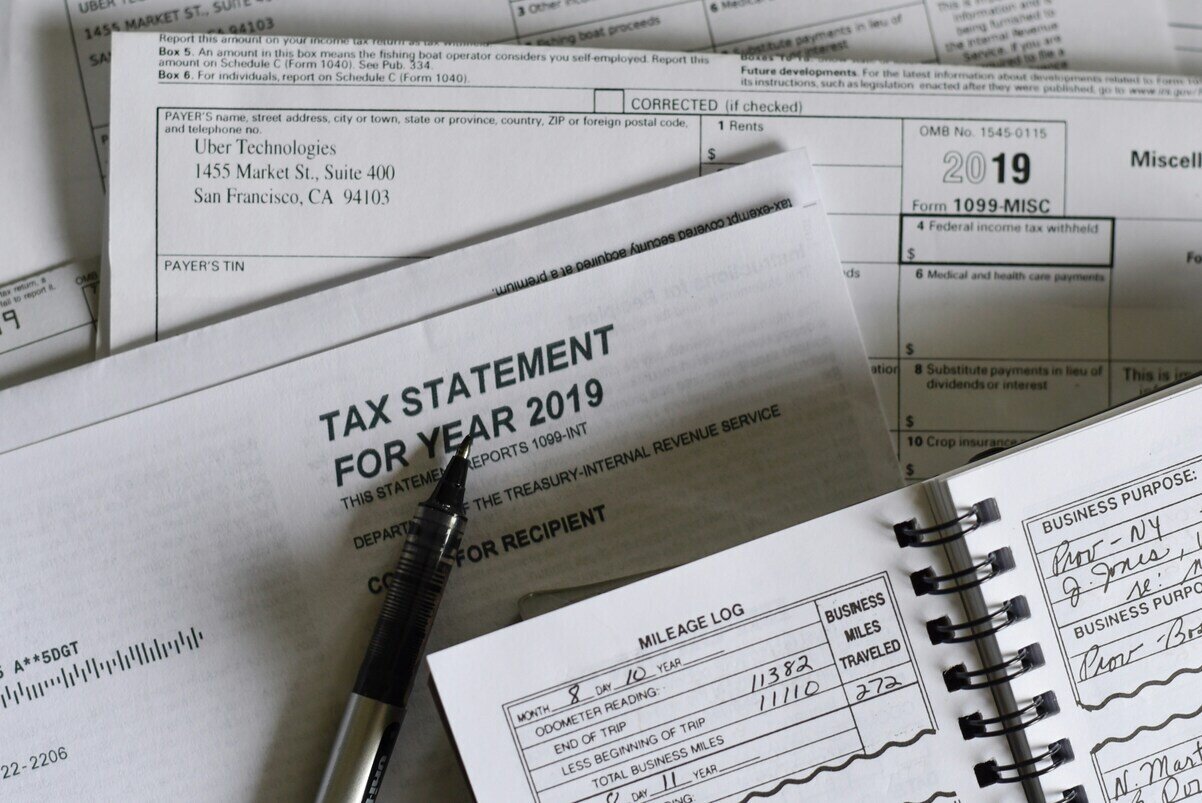The Internal Revenue Service (IRS) doesn’t provide a clear definition for cannabidiol (CBD) and CBD-related products. Therefore, we performed our own research to provide a proper answer.
Unfortunately, this answer isn’t quite proper. In some cases, you can claim CBD as a tax-deductible. However, for most people, CBD will not be tax deductible.
We invite you to follow along as we take a deeper dive into this topic. Keep in mind, we are not tax professionals. If you believe you can claim CBD as a medical expense, you should speak to your tax advisor.


